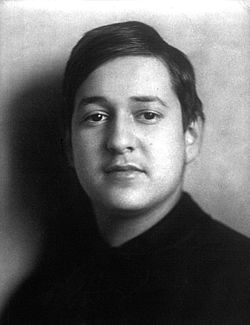| 11th Academy Awards | |
|---|---|
| Date | February 23, 1939 |
| Site | Biltmore Hotel |
| Hosted by | Frank Capra |
| Highlights | |
| Best Picture | You Can't Take It with You |
| Most awards | The Adventures of Robin Hood (3) |
| Most nominations | You Can't Take it with You (7) |

The 11th Academy Awards were held on February 23, 1939, at the Biltmore Hotel in Los Angeles, California, [1] and hosted by Frank Capra. [2]
Contents
- Winners and nominees
- Awards
- Special Awards
- Irving G. Thalberg Memorial Award
- Multiple nominations and awards
- See also
- References
- Notes
- External links
Frank Capra became the first person to win three Best Director awards, to be followed by John Ford (who would go on to win four) and William Wyler. La Grande Illusion was the first non-English language film to be nominated for Best Picture.
This was the first of only two times in Oscar history in which three of the four acting winners had won before; only Fay Bainter was a first-time award winner. The only other time that this happened was at the 67th Academy Awards in 1994. Fay Bainter was the first performer in the Oscars history to receive two acting nominations in the same year, while Spencer Tracy became the first of two actors to win Best Actor two years in a row; the other, Tom Hanks, also did so in 1994.
George Bernard Shaw's screenplay win for Pygmalion made him the first—and, for over 77 years, only—person to win both a Nobel Prize and an Academy Award until Bob Dylan received Nobel Prize in Literature in 2016 after having won the Academy Award for Best Original Song in 2001. Shaw protested his win, roaring, from London:
It's an insult! It's perfect nonsense. My position as playwright is known throughout the world. To offer me an award of this sort is an insult, as if they have never heard of me before—and it's very likely they never have. [3] [4] [n 1]
Radio coverage was banned at the ceremony. A reporter, George Fischer from Los Angeles' Mutual Radio Network station, KHJ, which had been reporting from the Academy Awards since 1930, locked himself in a booth and was able to broadcast for about 12 minutes before security guards broke down the door. Partial radio coverage was subsequently permitted again, beginning with the 1942 ceremony. [7]










